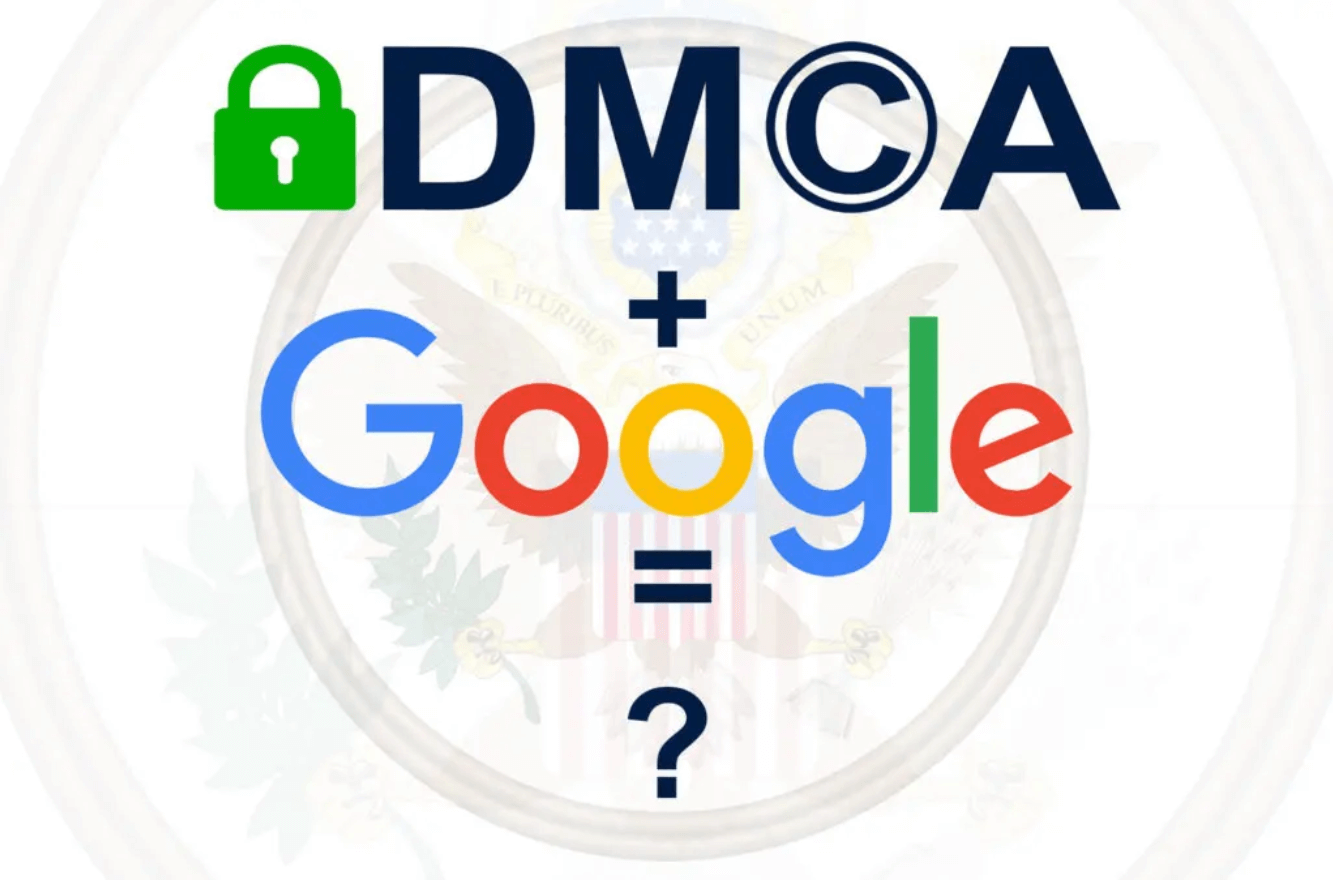A very SEO and Digital Governance oriented article: managing the copying of content on your site network (BU/PAYS) versus the copying of content by third parties and therefore under DMCA ‘penalty’. It’s a real and growing issue, with more and more cases being reported by customers and disasters that could have been avoided. We explain it all to you!
Copying content within a group
When you’re in a multi-brand / multi-country Group:
- It’s often easier for a local webmaster (BU/ BL) to copy the Group’s presentation page and its key figures: the problem arises when it comes to duplicating content for sites that are linguistically close (English-speaking, French-speaking).
- Some groups have even decided to deploy their own content to ensure that information is consistent and up-to-date everywhere = $$$$
In the other direction, some corporates also copied content from BL/BU:
- Local press releases with an international scope
- References & case studies
Until 2022, the rule was simple: if a piece of content had been copied, a canonical tag with the address of the correct content was indicated to Google (in 20 years I’ve only seen one group do this properly!).
Since 2023 Google has made it official to use the NOINDEX for this type of content sharing / syndication (source) and even Canonical / noindex variants for special cases (source).
Our advice :
- In the age of GPT chat, content duplication should no longer exist…;-)
- use of a similarity rate of less than 10% is strongly recommended to ensure that content is indexed (always more than 350 words minimum / 650 recommended)
- We are now delivering our “platform references” (model in the digital factory for country deployment) with the model articles, references and case studies in Noindex directly: this way, if an English-speaking country doesn’t do the necessary rewriting, nobody is penalised #anticipation #experience #expertise
Copying by third-party sites
This becomes a real issue, but depending on who’s doing the copying, we can explain!
A press release from a CAC40 group:
I’ve published and analysed hundreds of them over 20 years: for a FR and EN site, on average, it is copied 200 times in the UK and 150 times in FR (media sites, stock exchange, etc.). For a “big press release” such as a merger, it can be copied 500 times. And we’ve never had any problems or alerts about duplicate content, even with media sites of higher authority than the group. I’ve also never had any problems with SEO and the positioning of the article on the Group’s site. Google accepts this type of duplicate content. However, don’t confuse ‘natural results’ (the example above) with SERP display, because depending on the country and user context, the article’s prominence may vary (news, image, video, etc.) in Google and in this case the media logically come first.
Deep content or Bio or media:
Here it’s not the same, there are risks if you’re not careful and if you don’t anticipate DMCA requests…
But what is Google DMCA?
Here’s a link to get you started: https://support.google.com/legal/troubleshooter/1114905?hl=fr
The DMCA is an American law that protects copyright online, allowing content owners to report potential infringements. However, this system can be open to abuse, with frivolous complaints leading to legitimate content being removed. Google has therefore taken the initiative to introduce more rigorous measures to prevent these abuses.
Specifically, Google plans to strengthen the process for handling DMCA complaints by examining them more carefully before taking action. This involves a thorough check of the validity of claims, in order to protect the creators of legitimate content while respecting copyright.
The move comes after repeated criticism of Google’s handling of DMCA complaints. Google is facing pressure from content creators who feel that their videos and works are being unfairly removed or demonetised. These new measures are designed to restore creators’ confidence in the platform.
By taking these measures, Google is demonstrating its desire to preserve its own reputation while ensuring better protection of copyright and a fairer user experience. However, the challenge lies in balancing copyright protection with freedom of expression on the internet.
You can even explore request data (who is requesting and who is copying): https://transparencyreport.google.com/copyright/explore
Because, for a while, requests were not public and so there could be abuse and attempts at de-indexation – competitive or otherwise (the unpaid photo rights technique, for example – the e-reputation nugget).
Our advice:
- Before launching a DMCA, look at the real impact on your SEO (lost ranking, lost keywords, etc.).
- Look at all the content copied onto your site using services such as https://app.killduplicate.com/fr
- Your request will be public, so be sure it’s justified and watch out for the Streisand effect
- This kind of request should not be made lightly… go to an expert!
